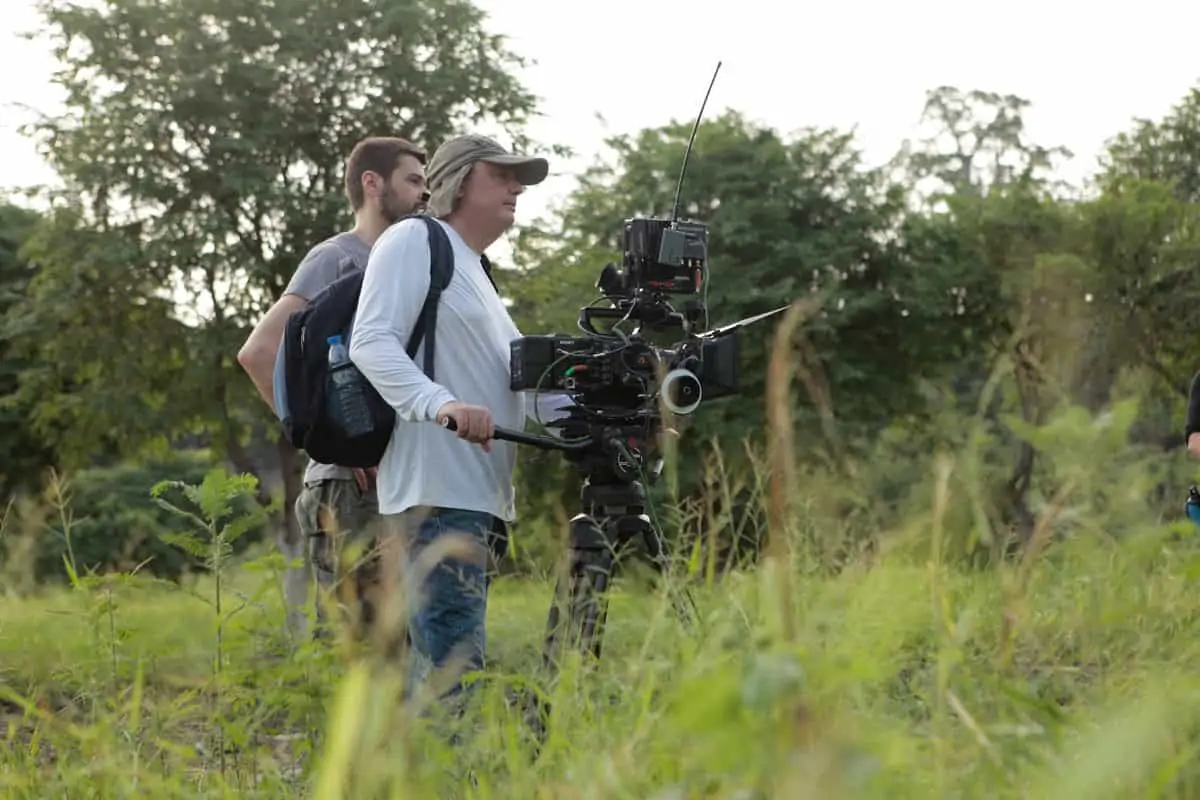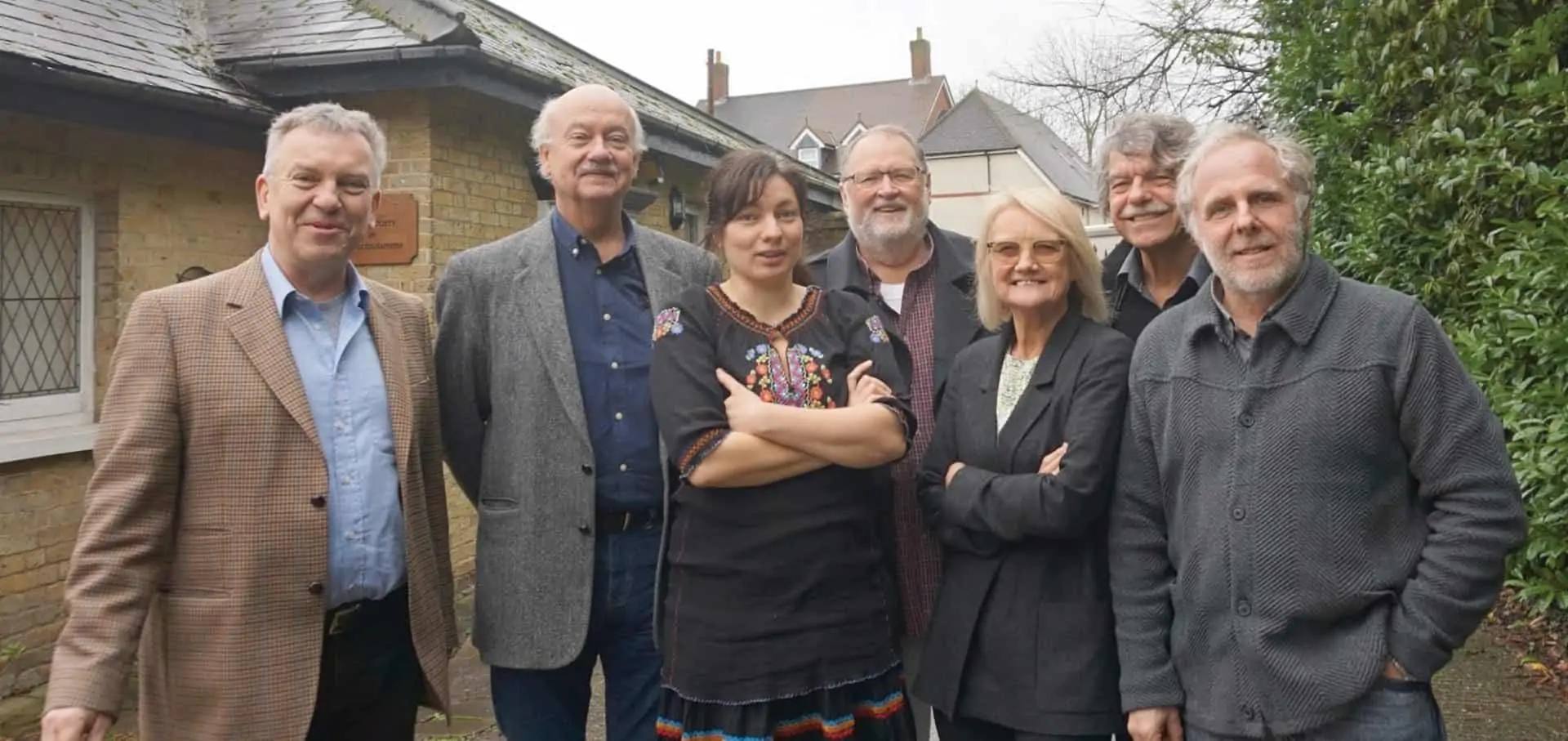Portugal’s neighbour Spain has gained considerable international exposure and its cinema and is well known worldwide. Names such as Pedro Almodovar and Luis Buñuel amongst others are immediately recognised. But Portuguese cinema is regarded to be of minor importance internationally, and Portuguese movies have so far had limited international exposure, apart from at festival screenings.
Unlike the Spanish industry, that manages to distribute productions internationally with great results, Portugal has never had the capacity to succeed in the same way. The Portuguese have never had a nomination for an Oscar in any category – ever.
These poor results, of course, derive from the lack of investment in Portuguese cinema. Not only does it lack state funding, but also private investment. Some tentative moves have been made, but none has so far ended on solid ground. This situation is also due the critically reduced number of spectators going to watch movies: at the moment less than one percent of the total Portuguese cinema audience. So there is no business in the industry for distributors and producers to be interested in investing in cinema.

The only source of film finance comes from the National Film Institute, which supports eight films per year to the tune of €600 000 Euros each. This is the maximum for a major production, and is away too low to produce a high quality feature. The majority of films are author genre type productions, attracting only a very limited audience. The mainstream audience therefore seems to have little interest in Portuguese films.
There have been some exceptions recently from the private sector. Digital has reduced the cost of production considerably and there are some investments, mainly in the comedy area to attract audiences, but this does not move the Portuguese film industry forward. Even though it is good that there is strong will from at least a few to try to make cinema into a business.
The industry both reveals and reacts to the lack of interest by the Portuguese public, who have not got the habit of watching their own stories on the big screen, but rather prefer watching foreign films with subtitles. It seems that the audience have gained aversion to listening and prefer to read. There are some filmmakers who consider that Portugal has made a mistake by adopting the subtitling instead of dubbing. The Spaniards have chosen dubbing and the result of that is that Spanish audiences are used to listening instead of reading subtitles, unlike the Portuguese. It is just a theory, but the truth is that Spain has a real film industry with studios in Madrid, Alicante and Barcelona.
The result of having better production is that Spanish cinematographers have a much better perspective over their careers. We can see by examples such as Jose Luis Alcaine AEC, Javier Aguirresarobe AEC and others, who have international careers, and we see that none of the Portuguese has ever made it. Unless they have emigrated, like Eduardo Serra who fled to France in the late ‘60s from the Portuguese dictatorship. Eduardo today is a prominent member of AFC and has made a very interesting international career, nominated twice for the Oscars. However, the result of this success has had nothing to do with the Portuguese cinema, but rather with the French.
These examples illustrate very clearly what is at stake in the Portuguese industry for a cinematographer’s career, and the difficulties caused by the irregular production of feature films. TV series are just nonexistent. In the last decade Portuguese TV has produced maybe ten TV films, an average of one TV film per year. A one-hour show per year.
Of course, there is the commercials industry, which gives cinematographers a means of living, and there are maybe six cinematographers who make a living exclusively as directors of photography in advertising. Most other cinematographers survive by working in different occupations.
The cinematographer faces another major problem in Portugal. The Portuguese cinematographer is not regarded as an author of a feature production, and within in this experiences a lack of respect for our profession. A cinematographer in Spain, Italy or in any other country is respected for their skill and knowledge. In Portugal cinematographers are regarded as technicians. This situation came about because Portugal never had a tradition of filmmaking and when the first film school appeared, in 1973, it was already very late. The cinematographer was a craftsman working in the studio as a technician and therefore did not have the opportunity to develop the sense of artistry as others did abroad. The history is the reason that the cinematographer has little power to impose rights on to the producers.
It could all be changed if cinematographers could understand that there is time to change: to claim moral rights of the craft and to lay out the conditions of performing the job. Some do it on certain productions, but it is not a norm. If one or two, who are already better known in the industry, can impose some artistic respect and therefore can get better conditions to perform the job, it is just an exception. The cinematographer is still seen as a technician, and someone costly for the production if they request too much lighting, additional camera assistants or focus pullers.
Some of the most prominent and active cinematographers could themselves make the change to benefit all cinematographers, whilst also improving the image and the quality of work of cinematographers, but the situation is difficult. In 2011 Portugal was financially rescued by the IMF for a period of three years. The situation imposed a high degree of austerity and a brutal raise on taxes, something that was never seen before in the country. The film fund was cut to zero in 2012. No film was funded that year and the following year the number of films funded didn’t increase.
The lack of work plus the brutal reduction on salaries, due in part to the digital revolution, has made it more difficult to make a living solely on cinematography work, with the exception of those half a dozen DPs doing commercials and the odd feature every two or three years.
There is little courage amongst cinematographers to change the status quo in regard to the producer, because everyone is afraid of retaliation. In the small business as it is in Portugal, a bad reputation quickly spreads. There is fear, a lot of fear about getting together and implementing a change to the situation, and with little or no growth, very little optimism either. So with this backdrop, all one can do is to wait for better days.














